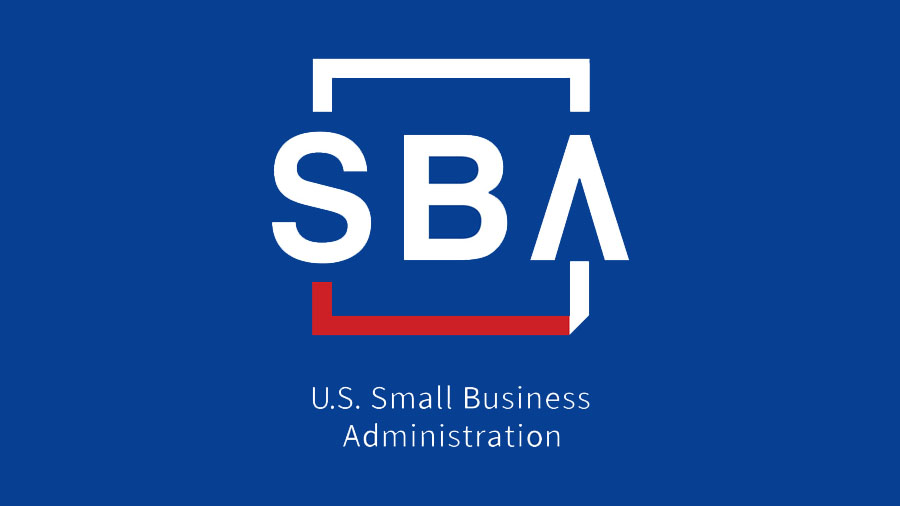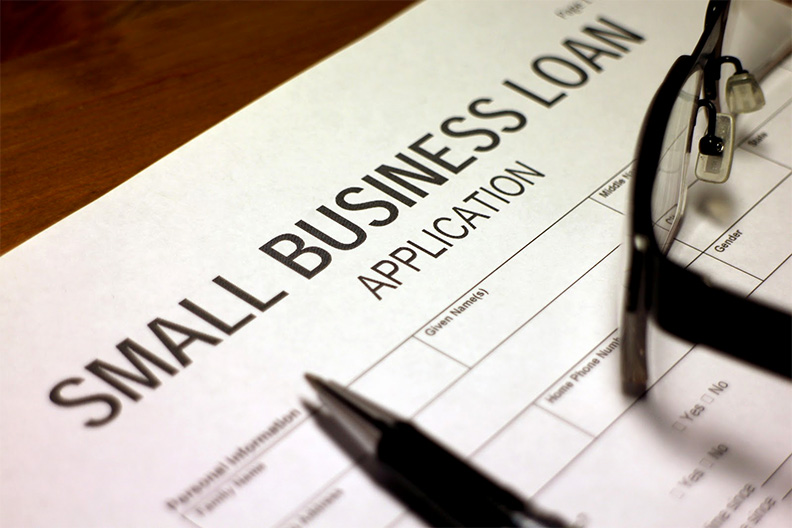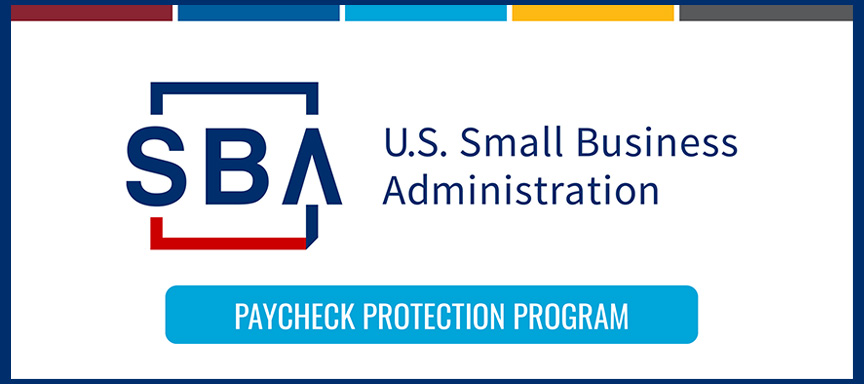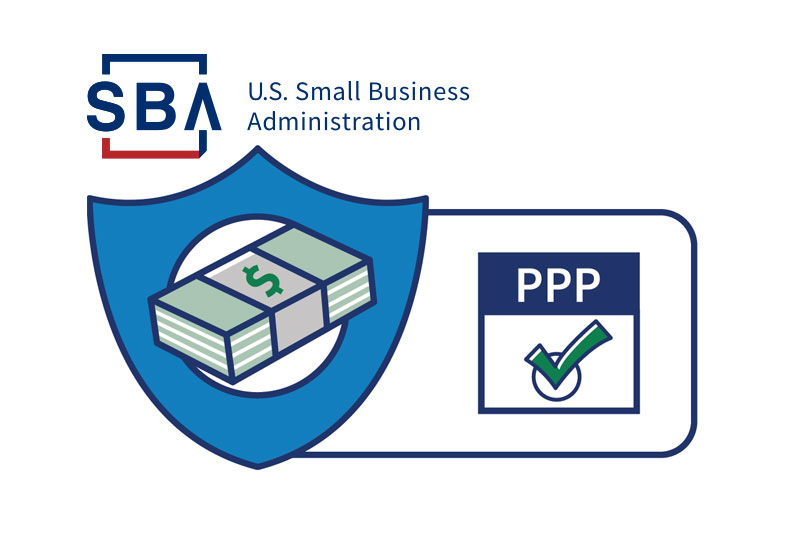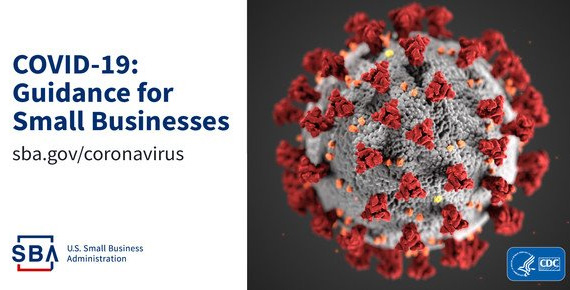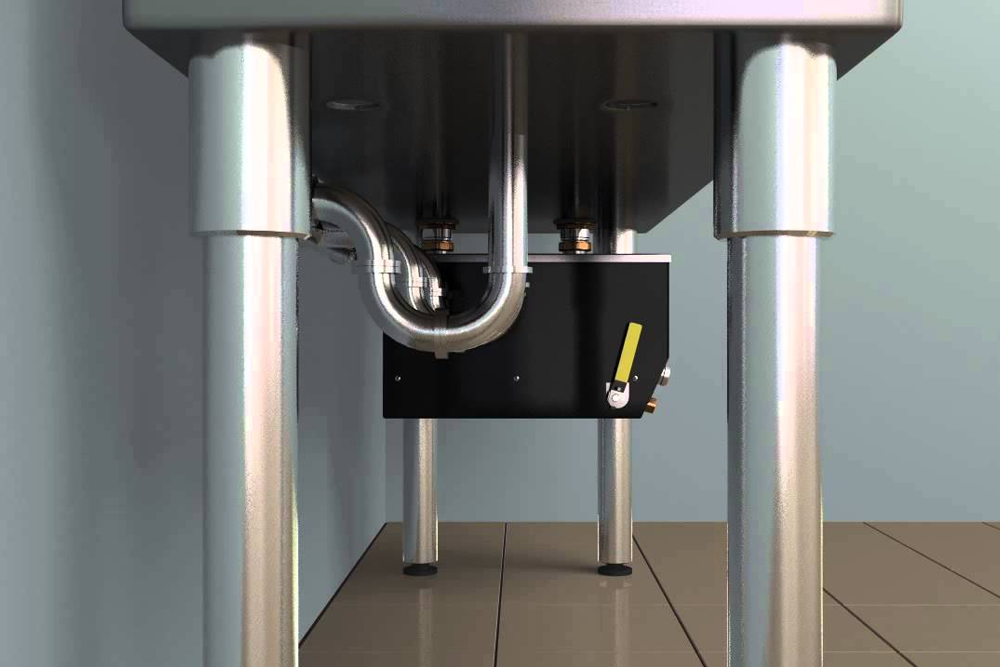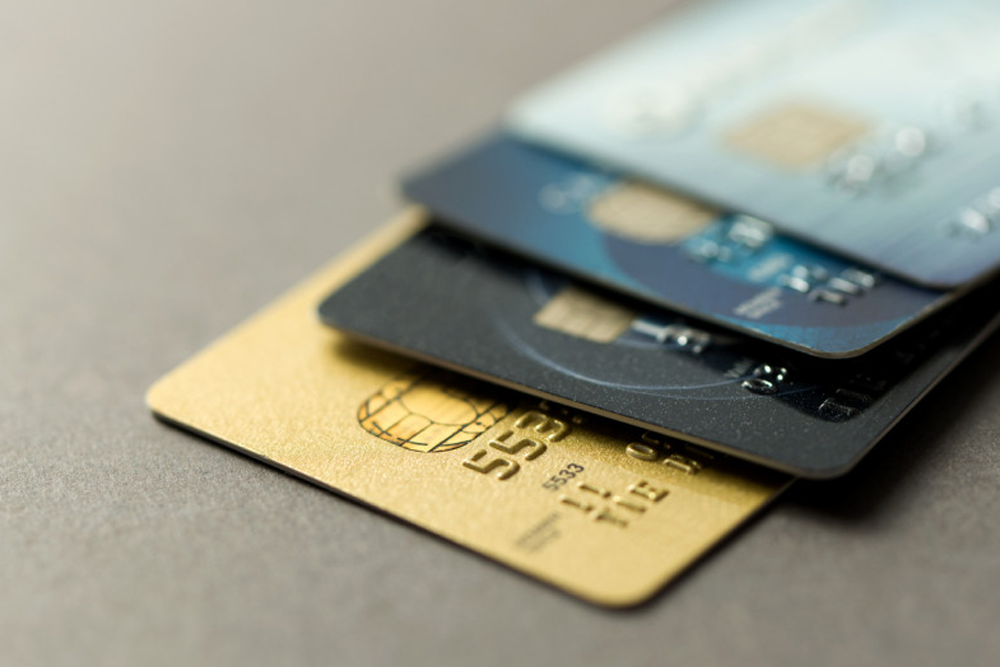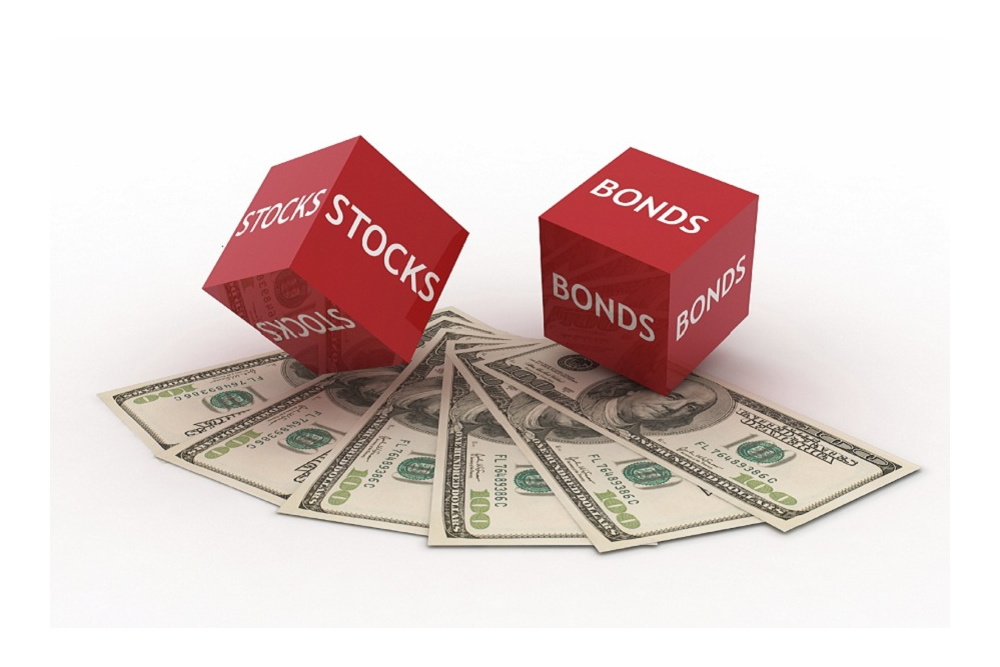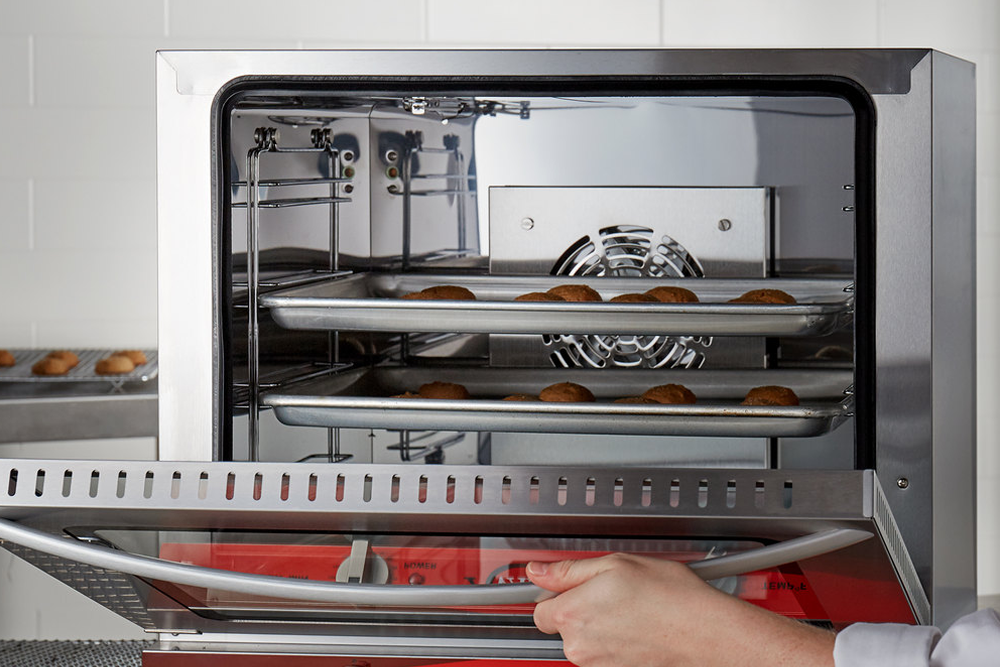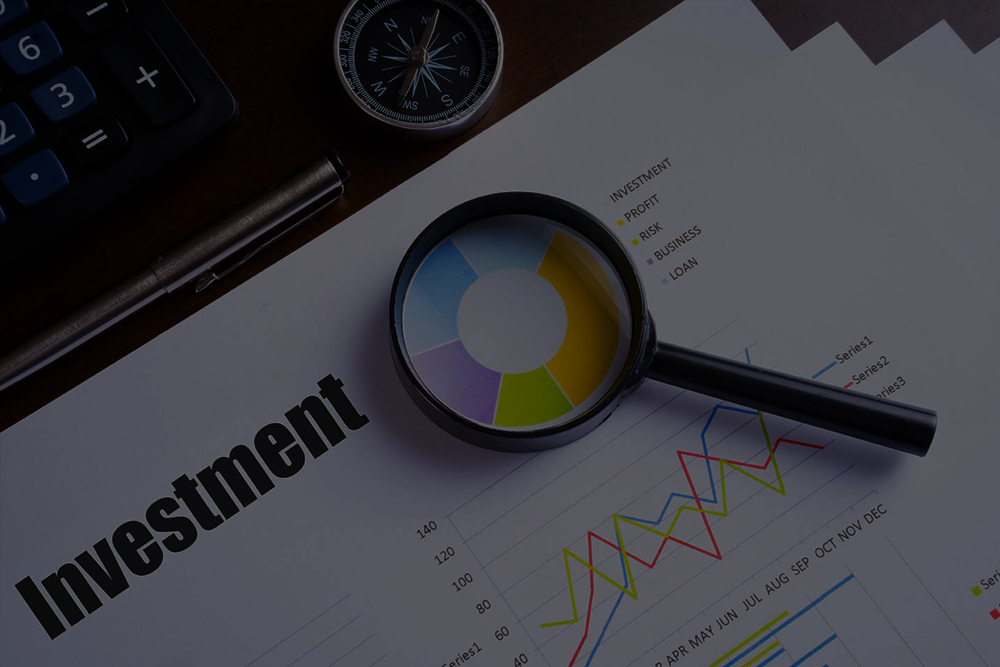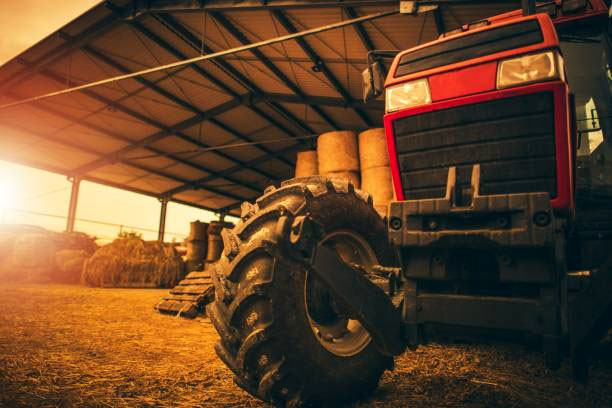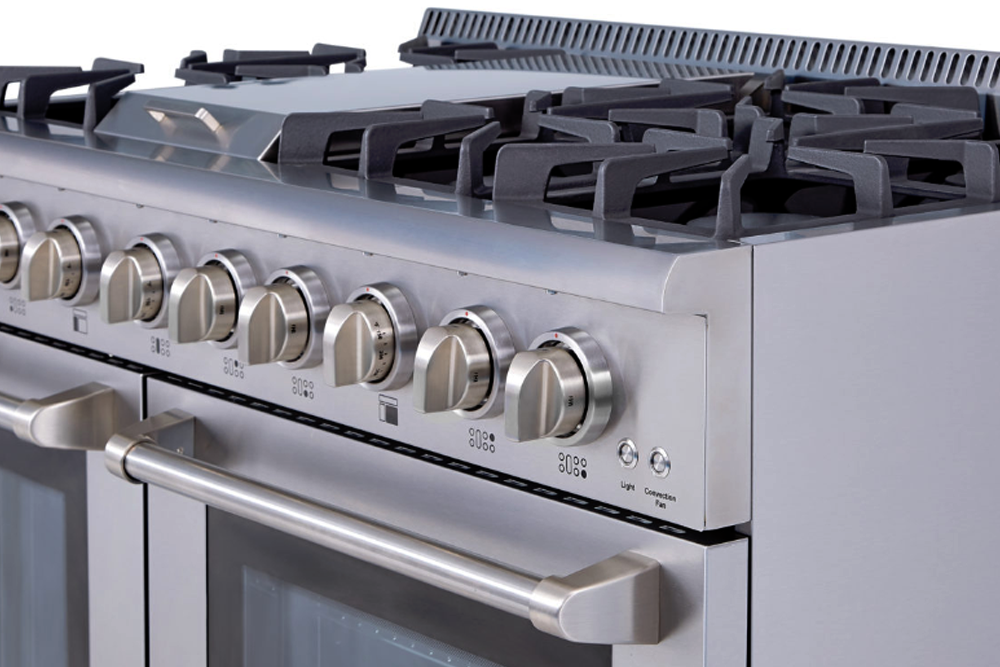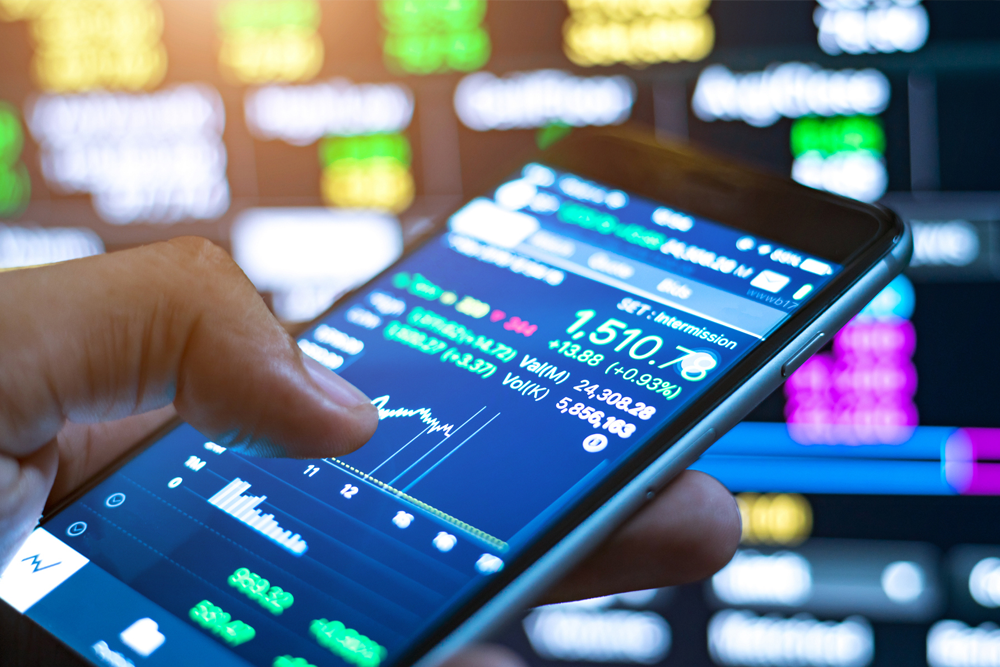SBA Loans and Relief options available for Small Businesses
The SBA (Small Business Administration) works with lenders to provide loans to small businesses. This transaction is not direct; instead, the SBA will set guidelines for loans made by its community development organizations, micro-lending institutions, and partnering lenders. It is this process that makes it easier for small business owners to get loans. SBA helps provide management and technical assistance to small businesses through assistance programs. SBA also boasts the largest network of volunteer business mentors, acting as its resource partners.
Table of Content
- The types of loans that the SBA offers
- The Paycheck Protection Program (PPP)
- COVID Relief options offered by the SBA
The types of loans that the SBA offers
The U.S. Small Business Administration provides financial assistance through loan guarantees, direct loans, among other resources supporting small businesses. The SBA offers the following funding programs:
-
The SBA 7 (a) Loan Program
The SBA loan program stands as the Small Business Administration’s primary lending program. Borrowers use this loan for purchasing supplies, refinance current business debt, short term and Long term working capital, among other operating expenses.
-
Microloan Program
The Microloan program is available to nonprofits, startups, and new or expanding small businesses. These loans are used for; equipment, inventory, or machinery. Strictly the borrower may not use the microloan to pay any existing debt or purchase any property/real estate; it is for business development.
-
The SBA 504 Loan Program
Are also referred to as an Equipment loan and Real Estate loan. The Small Business Authority makes available to small businesses with long-term and fixed-rate financing for major assets.
-
Disaster Loans
The SBA directly offers these low-interest loans. Borrowers can use them to recover from a declared disaster.
The Paycheck Protection Program (PPP)
The program provides small business owners an incentive to keep their workers on the payroll, making it easier for individuals to retain jobs. The PPP ended on May 31, 2021; however, some existing borrowers may be eligible for the PPP loan forgiveness program.
The First Draw PPP Loan
Business owners may use it to fund not only payroll (including benefits) but also pay operating expenses such as rent, utilities, worker protection costs related to COVID 19, uninsured property damage costs, and expenses caused by looting or vandalism in the year 2020, pay for mortgage interest, and a certain selection of supplier costs and expenses of operation.
Eligibility for the First Draw PPP
The SBA will be considering the following entities eligible for the First Draw PPP:
- Self-employed persons, independent contractors, and sole proprietors.
- Businesses whose NAICS code begins with 72 (Accommodations and Food Services) should have more than one location and have less than 500 employees at each location.
- Small businesses that meet SBA’s size standards be it industry size standard or alternative size standard.
- Any business 501(c)(19) veterans organization, 501(c)(3) nonprofit organization, or tribal business concern (sec. 31(b)(2)(C) of the Small Business Act) with the greater of:
- 500 employees, or
- That meets the SBA size standard of greater than 500.
The Second Draw PPP Loan
The PPP allows for certain eligible borrowers who had previously received a PPP loan to reapply. This is with the same general loan terms and used for the same utility in their first PPP loan. For the accommodation and food services businesses, they get an increased maximum loan amount and increased assistance.
Eligibility for the Second Draw PPP
The eligibility requirement for the Second Draw PPP Loan is:
- You have previously received a First Draw PPP loan and will/has used the full amount for the permitted uses.
- Have no more than 3000 employees
- Demonstrate a 25% (at least) reduction in gross receipts (between comparable quarters in 2019 and 2020)
PPP Loan forgiveness
First and Second draw loan forgiveness terms
Small business owners qualify for full loan forgiveness if during the 8 – 24 week covered period following loan disbursement if:
- Both employee and compensation levels are maintained. Important to note that The borrower should maintain the second draw levels since the first draw.
- The borrower should spend at least 60% of the funds on payroll costs.
- Spend the loan proceeds as stipulated in the terms.
COVID Relief options offered by the SBA
This is offered help by the SBA towards small businesses that were affected by the COVID 19 Pandemic. They include:
| Covid19 Relief Program | Eligibility | Application |
| The COVID19 EIDL
(Economic Injury Disaster Loan). Found under offered disaster assistance loans. |
|
Applications are open to small business owners (agricultural businesses included) and nonprofit organizations in all U.S Washington D.C. and territories.
Online Application portal: https://www.sba.gov/funding-programs/loans/covid-19-relief-options/eidl/covid-19-eidl#section-header-0 |
| The SBA Debt Relief |
|
Borrowers have no need to apply for this service; the SBA will automatically act |
| The Restaurant Revitalization Fund
Has no interest rate and recipients are not expected to pay it back. |
|
Applications can be made through the SBA-recognized POS (Point of Sale) Vendors or directly via SBA in the online application portal, on the official website.
Additional documentation will be required, along with the loan application: A signed and dated IRS Tax Authorization Form Gross Receipts Documentation |
| Shuttered Venus Grant |
Must be in operation as of Feb 29, 2020. |
Applications are conducted through the SVOG portal. https://www.svograntportal.sba.gov/ |

